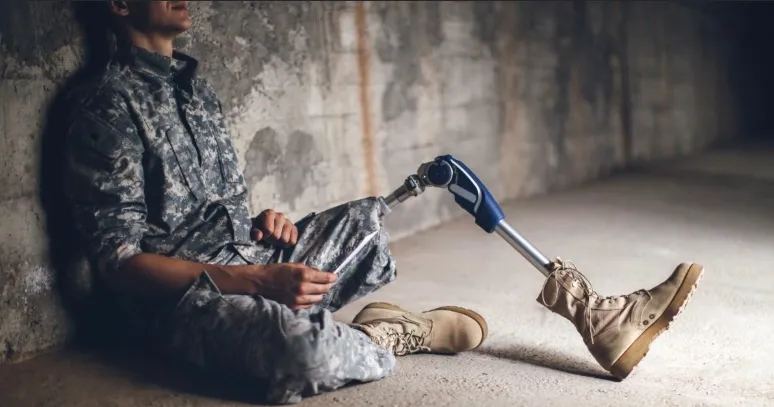Returning to civilian life after military service is never easy. Many veterans carry not just memories but also lasting health challenges, both physical and emotional. In these moments, a VA disability claim becomes more than paperwork—it represents recognition, support, and the chance to rebuild life with dignity.
California, with its large population of veterans, is home to some of the nation’s most respected VA medical centers and support networks. From busy cities like Los Angeles and San Diego to quieter areas across the state, many veterans rely on these resources while navigating the claims process. The state’s diverse veteran community means there are also many local programs and services designed to provide additional support.
If you are a veteran living in the state and facing challenges with your claim, working with a California VA disability lawyer will be the best step. They can guide you through the process, help avoid delays, and make sure you get access to the benefits you have earned through your service. In this article, we’ll walk you through the benefits you can receive and why the right guidance matters.
What a VA Disability Claim Covers
A VA disability claim isn’t only about a monthly check. It’s about recognition of what you’ve been through and the support you need going forward. The Department of Veterans Affairs offers different benefits depending on your disability rating.

This rating is based on how much your service-connected condition affects your daily life. For many veterans, that monthly payment helps cover essentials like rent, food, and utilities. But the benefits often extend beyond money.
Financial Security
The most direct benefit is compensation. A 2024 VA report noted that nearly 6 million veterans receive disability benefits each month. Payments range from a few hundred dollars to several thousand, depending on your rating and family status.
Extra compensation may apply if you have dependents, severe disabilities, or conditions that limit mobility. These payments don’t just supplement income—they provide stability when work isn’t possible or when medical bills pile up.
Healthcare Access
Another key benefit is healthcare. With an approved claim, you can receive free or low-cost medical care through the VA system. That includes:
- Hospital visits
- Prescription coverage
- Mental health services
- Specialized treatment for service-related conditions
Healthcare costs in the U.S. are steep. Having guaranteed access to treatment can relieve a major financial and emotional burden.
Education and Training
If your disability rating is 10% or higher, you may qualify for VA education benefits. Programs like the Veteran Rehabilitation and Employment (VR&E) service help you retrain for new jobs. This is especially useful if your disability makes your old career impossible. Many veterans use these programs to earn new degrees, certifications, or technical training—all funded through VA benefits.

Support for Families
VA disability benefits don’t stop with you. Dependents can also receive support. Examples include:
- Monthly payments for a spouse or child
- Health coverage through the Civilian Health and Medical Program of the Department of Veterans Affairs (CHAMPVA)
- Education assistance for children or surviving spouses
Housing and Mobility
For veterans with serious injuries, housing benefits can be life-changing. The VA offers grants to modify your home for accessibility—adding ramps, widening doorways, or adjusting bathrooms. In some cases, you may qualify for help buying a new, accessible home. Mobility assistance also includes auto grants for adapting vehicles, making daily life easier and safer.
Filing a Strong Claim
Filing a VA claim requires proof. You’ll need:
- Service records showing your time in the military
- Medical evidence connecting your condition to your service
- Assessments of medical after the fact
A lot of times, veterans use accredited representatives (or lawyers) behind their claim to ensure nothing gets overlooked. A well-prepared claim can avoid long waits and needless denials.
Key Takeaways:
- Monthly compensation that provides financial security
- Free (or low-cost) healthcare through VA healthcare facilities
- Job training and education benefits
- Assistance for dependents, including health care and education
- Grants for housing, mobility, and making the home accessible



